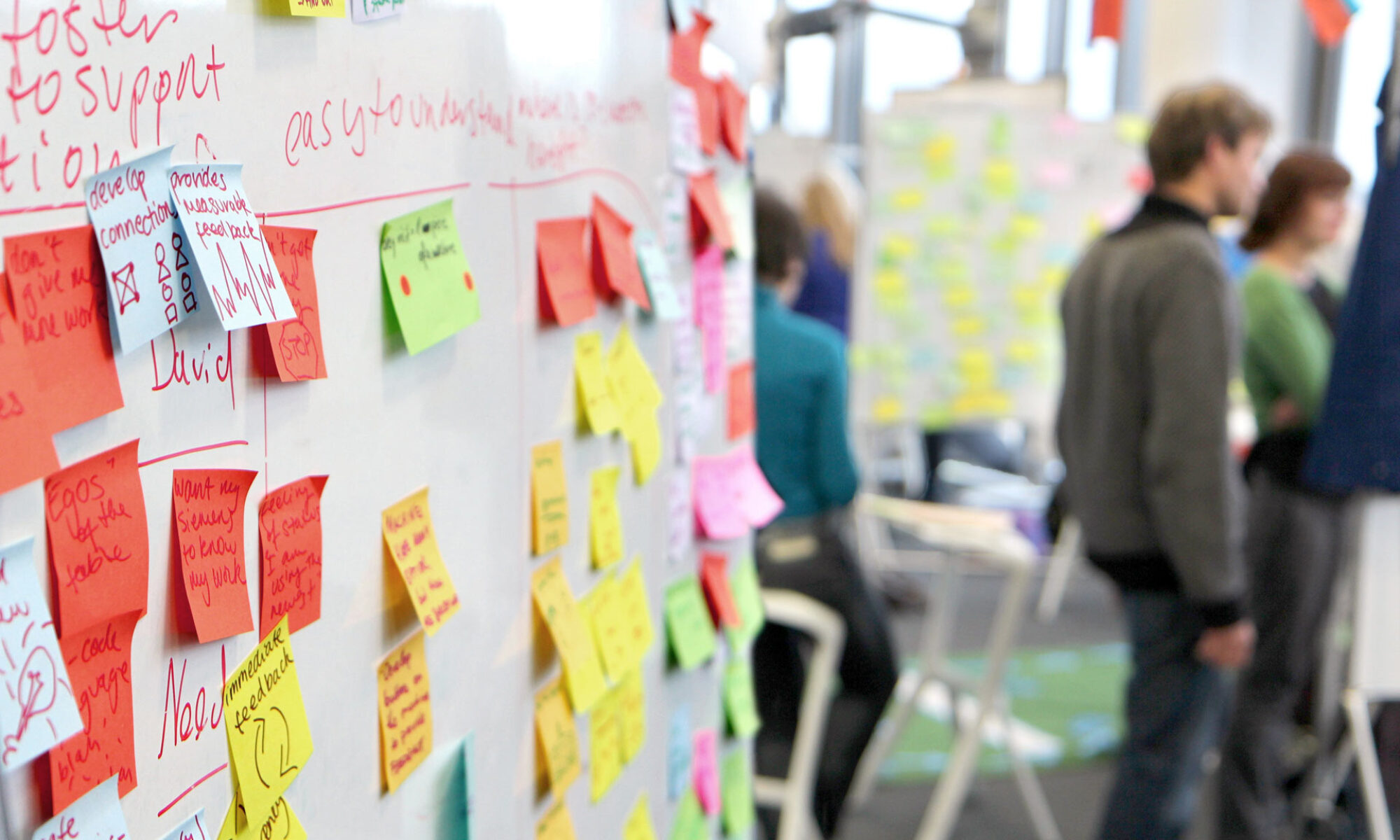More is better, right? Not really. Barry Schwartz has written an entire book on the subject, entitled The Paradox of Choice: Why more is less. In his book, Schwartz highlights two major drawbacks to having more choice:
- More options create decision paralysis
- We are ultimately less satisfied with the choices we make
More options create decision paralysis
Daniel Kahneman, another psychologist, is most well known for writing Thinking: Fast and Slow which popularized a dual process model explaining perception and decision making in two distinct systems:
- System 1
- System 2
Not exactly creative names, but they serve their purpose.
